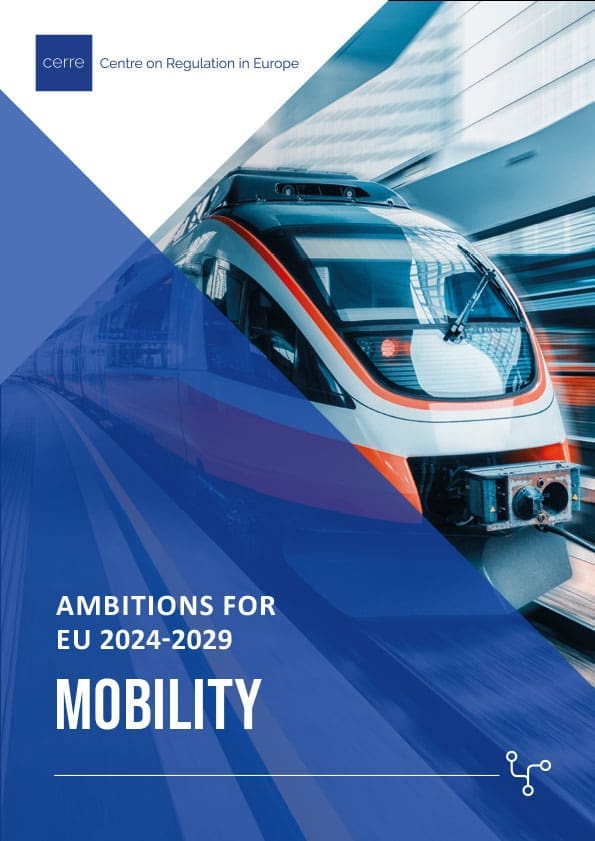Ambition 9: Establish a leading-edge, smart, and sustainable European Mobility Data Space
The European Mobility Data Space (EMDS) is part of the EU’s broader Digital Single Market and Sustainable and Smart Mobility Strategy. Its goal is to create a unified framework for sharing and accessing mobility-related data across Europe. This space will cover areas such as traffic management, public transport schedules, freight, logistics, and new mobility services like car-sharing. The EMDS aims to integrate data from private sectors while ensuring privacy, helping reduce emissions, drive economic growth, and enhance transportation in both urban and rural areas. The EU must establish secure and transparent policies to encourage private sector data sharing and develop high-capacity digital platforms for seamless data exchange. Standardised data formats and protocols are also essential to maintain data quality and comparability across regions. These initiatives will fuel innovation in environmentally friendly transport technologies.
Create a robust governance framework, incentivising the private sector to contribute actively to the development of the European Mobility Data Space
A strong governance framework is vital to ensure private sector engagement in the EMDS. This framework should define legal responsibilities for data sharing while promoting security and innovation. It should offer clear guidelines on data privacy, intellectual property, and data ownership, easing concerns of misuse. Incentives, such as tax breaks or preferential public contracts, can motivate private contributions. Ongoing dialogue between public authorities and private entities is crucial, with mechanisms like partnership boards to ensure the framework adapts to new technologies. Regular audits and reporting will ensure compliance and accountability, fostering trust in the EMDS.
Establish a robust data-sharing infrastructure for the European Mobility Data Space
To ensure the EMDS functions effectively, a robust infrastructure is needed to manage large volumes of data across borders. This infrastructure should incorporate technologies like cloud computing, big data analytics, and blockchain for secure data transactions. It must be scalable to accommodate emerging data types from IoT devices and smart city applications. Strong cybersecurity measures are essential to protect data integrity and ensure reliability in transmission and storage.
Create a standardisation of data in the mobility sector to enhance comparability
Standardisation of mobility data is key to ensuring comparability and interoperability across Europe. This involves developing common technical standards for how data is formatted, stored, and processed. APIs and other tools adhering to these standards will foster a secure and efficient data-sharing ecosystem. Collaboration with international standards organisations is also important to align European practices with global best practices.
Enhance access to data for sustainable mobility solutions
Enhanced access to mobility data is crucial for creating sustainable mobility solutions. By making diverse data accessible, stakeholders can design systems that reduce congestion, emissions, and improve urban mobility. Open data initiatives, along with legal frameworks and data literacy programs, will encourage collaboration across sectors, leading to more effective transportation strategies.
CERRE’s Ambitions for Europe 2024-2029

- Towards a new regulatory approach: Adopting novel ways of working to adapt to new challenges
- Build robust, resilient, and future-proof digital infrastructure and foundational technologies
- Ensure a safe, positive and fair online platform ecosystem
- Create a thriving, vibrant, and competitive data and innovation economy
- Developing fair and efficient energy and carbon markets
- Building resilient and sufficient energy infrastructure
- Creating appropriate institutional and governance framework to reach net zero
- Supporting effective, efficient, and fair public transport in Europe
- Establish a leading-edge, smart, and sustainable European Mobility Data Space


